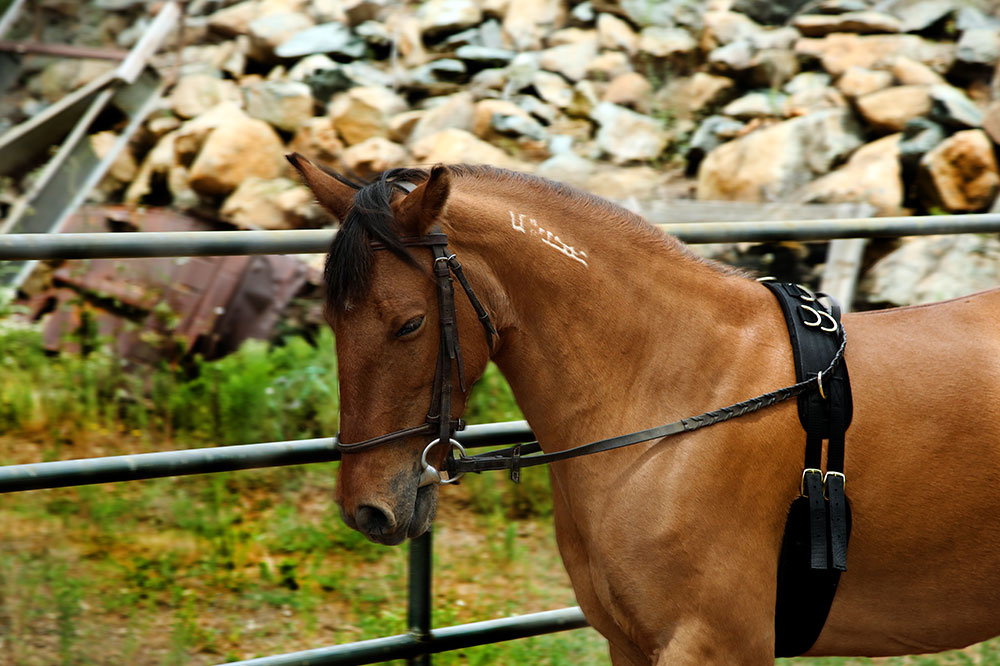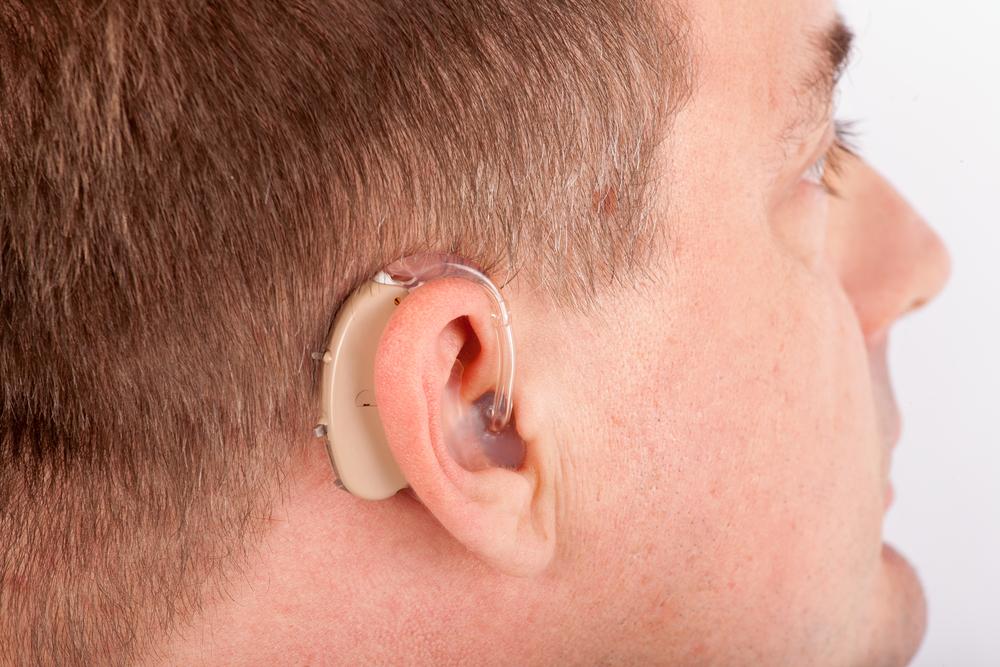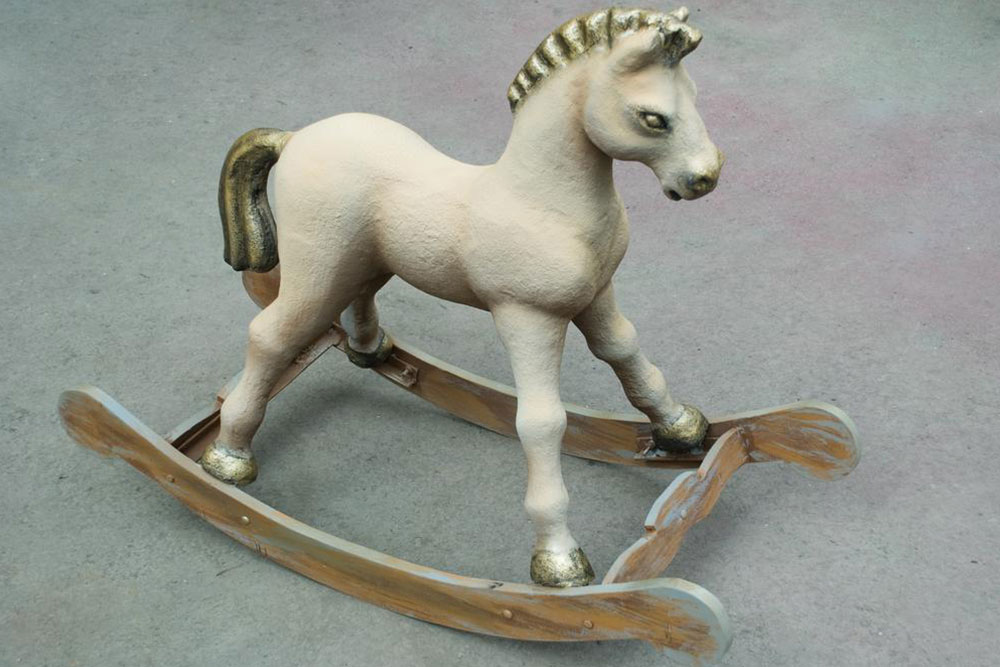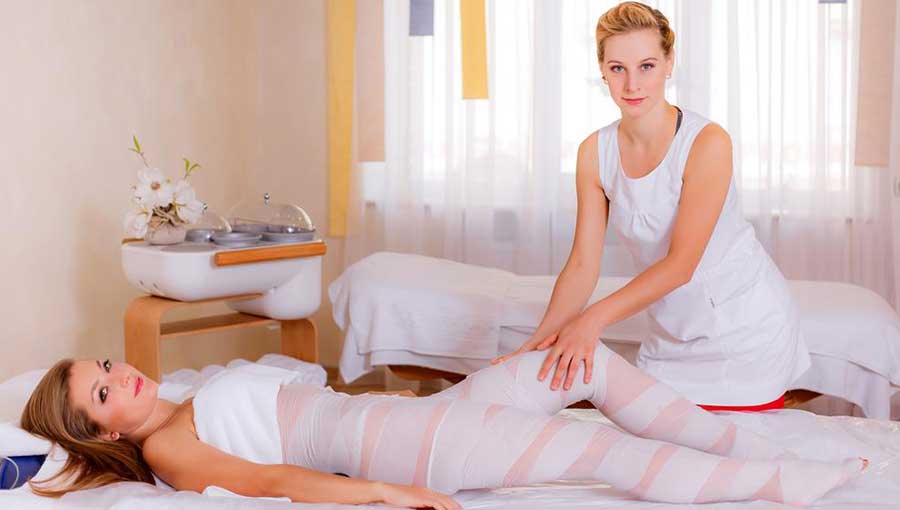4 common aids used to train horses
Training a horse is not easy. Along with exemplary skill, it’s essential to have specific horse training aids as well. After all, whether it’s a horse or a dog, the central aspect of training is keeping the animal engaged. The sessions must be exciting with a variety of routines. This can be achieved with the help of different horse training aids, such as those discussed below.
Side reins
Two reins are clipped together with bit rings to form side reins.

Draw reins
Also known as running reins, these are longer than side reins. In most cases, draw reins are fitted in such a way to pass the bit ring, girth, and finally to the rider’s hands. They are usually used to motivate a horse to have a rounder frame and better head position while riding. Riders use them for different purposes, including lunging, running, and improving the flexibility of the back. However, making adjustments to various movements with these reins may be a bit difficult. Also, it’s crucial to note that these reins must not be used while jumping or with horses that buck. If misused, it can severely injure the horse.
Pessoa type lunging aids
These horse training aids consist of pulleys and ropes attached on either side of the horse, and an elastic tensioner placed right behind the quarters. Pessoa type lunging aids are required only for lunging purposes. They help horses strengthen their topline muscle, form a correct outline, and improve engagement and balance. Again, riders must be cautious while placing them on the horse’s body. If not fitted correctly, the aid’s effectiveness reduces.
Chambon
A Chambon is a cord that is first attached to the bit rings. Then it goes up through a loop connected on either side of the poll strap from where it passes through the central area of a horse’s forelegs. Finally, it loops through the girth or roller. The Chambon is usually used for loose schooling or lunging. It also strengthens the back and loins muscles used for showjumping. If placed wrongly, the Chambon can cause the horse’s neck to get overbent.
These were some of the most common aids that professional riders use. The instruments help the horse understand the command of the rider and allows the pair to communicate effectively.




